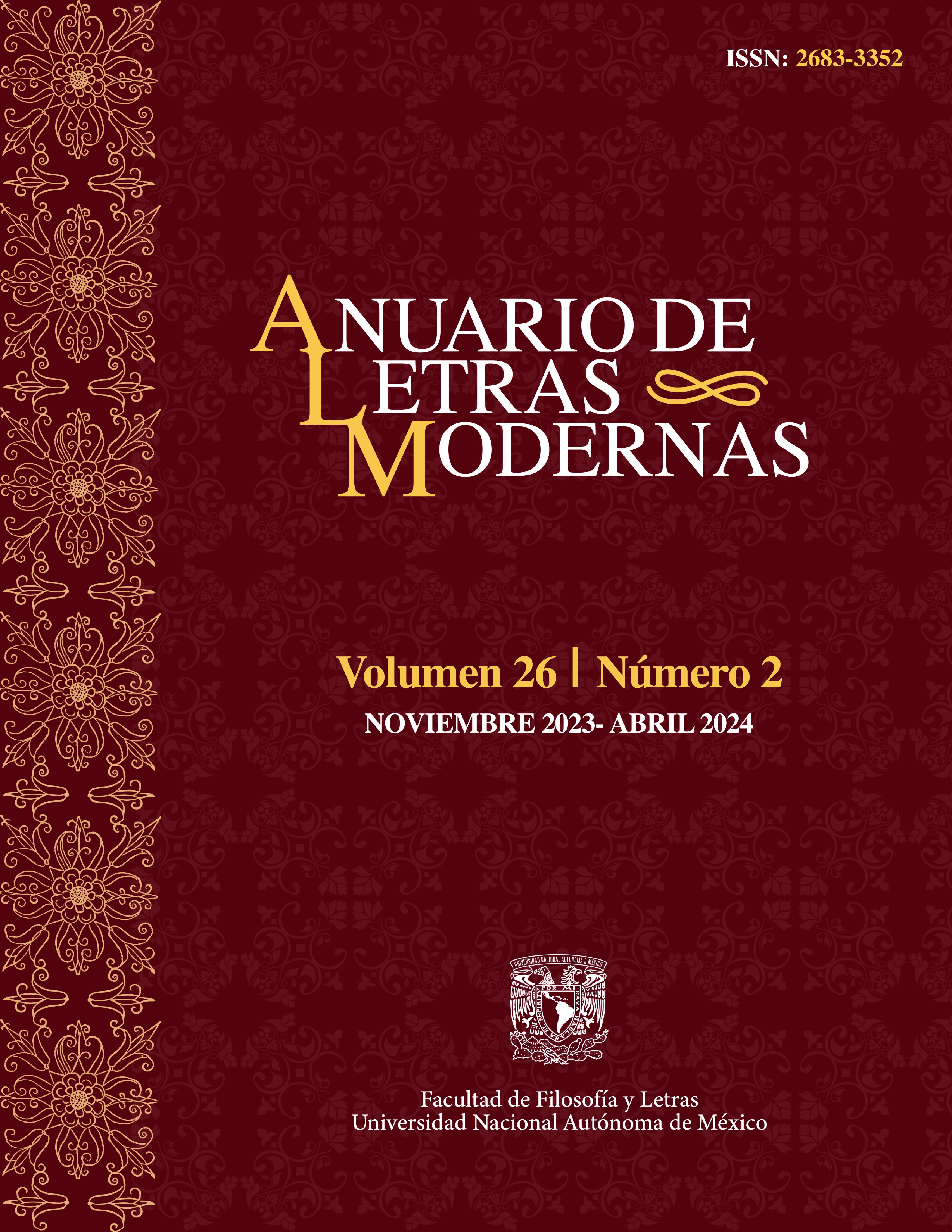Grappling with History in the Age of the Enlightenment: The Dead Ends of D’Alembert’s Discours préliminaire
Main Article Content
Abstract
Around 1750, the philosophes began to consider themselves as the representatives of a new spiritual power destined to free reason once and for all from the “ecclesiastical yoke” and to guide “humanity” towards a new epoch of progress. The realization of this mission, however, would have been devoid of any foundation without the elaboration of a historical reflection capable of legitimizing the role that the hommes de lettres had begun to arrogate to themselves. Thus, this article sets out to explore the way in which the French Enlightenment was forced to grapple with a question whose posing goes back to medieval Christianity and which eighteenth-century thinkers inherited as an unavoidable debt—what is the meaning of history understood as a whole? It is a question of examining this “historical mortgage” through the study of one of the fundamental texts that tried to answer this question with the help of a set of new means: the Discours préliminaire by Jean Le Rond d’Alembert, published in 1751 at the head of the first volume of the Encyclopédie. The philosophy of history that D’Alembert outlines in this writing makes clear both the certainties and strategies of the Enlightenment and the tensions arising from its attempt to find a new conception of the historical process.
Article Details

This work is licensed under a Creative Commons Attribution-NonCommercial-NoDerivatives 4.0 International License.
References
Augustin. (1933). Confessions. (Pierre de Labriolle, Trad.). Les Belles Lettres.
Bénichou, Paul. (2004). Le Sacre de l’écrivain 1750-1830. Essai sur l’avènement d’un pouvoir spirituel laïque dans la France moderne. En Romantismes français I (pp. 23-441). Gallimard.
Blumenberg, Hans. (1999). La légitimité des Temps modernes (Jean-Louis Schlegel et Denis Trierweiler avec la collaboration de Marianne Dautrey, Trad.). Gallimard.
D’Alembert, Jean le Rond. (1986). “Discours préliminaire”. En Alain Pons (Ed.), Encyclopédie ou dictionnaire raisonné des sciences des arts et des métiers I (pp. 73-184). Flammarion.
Darnton, Robert. (1984). The Great Cat Massacre and Other Episodes in French Cultural History. Basic Books.
Darnton, Robert. (1996). The Forbidden Best-Sellers of Pre-Revolutionary France. Norton.
Delon, Michel. (2009). “xviiie siècle”. En Michel Delon, Françoise Mélonio, Bertrand Marchal, Jacques Noiray y Antoine Compagnon (2009), La littérature française, ii : dynamique et historie (pp. 9-294). Gallimard.
Gay, Peter. (1971). “The Unity of the French Enlightenment”. En The Party of Humanity. Essays in the French Enlightenment (pp. 114-133). Norton.
Löwith, Karl. (1984). Meaning in History. The Theological Implications of the Philosophy of History. Chicago University Press.
Lyotard, Jean-François. (1988). La condition postmoderne. Les éditions de Minuit.

